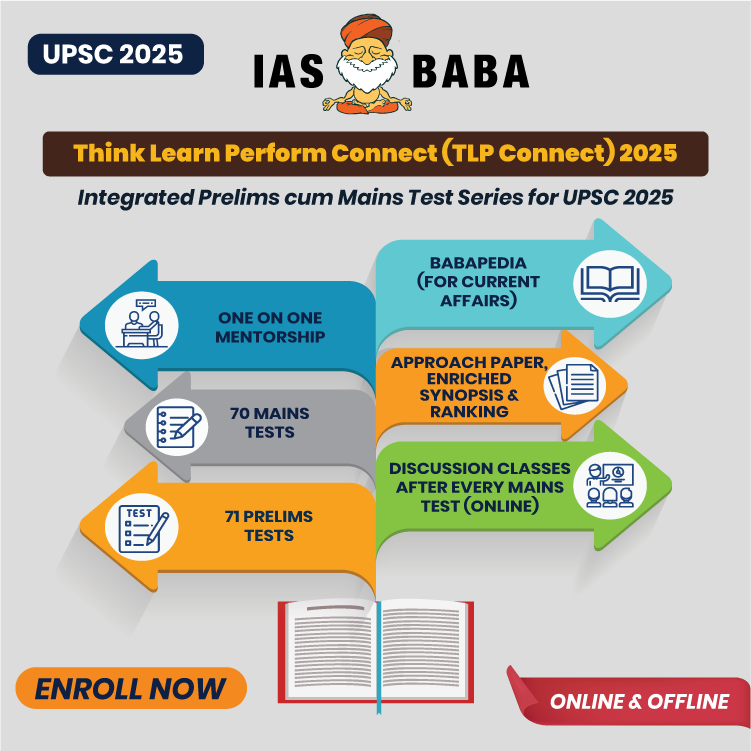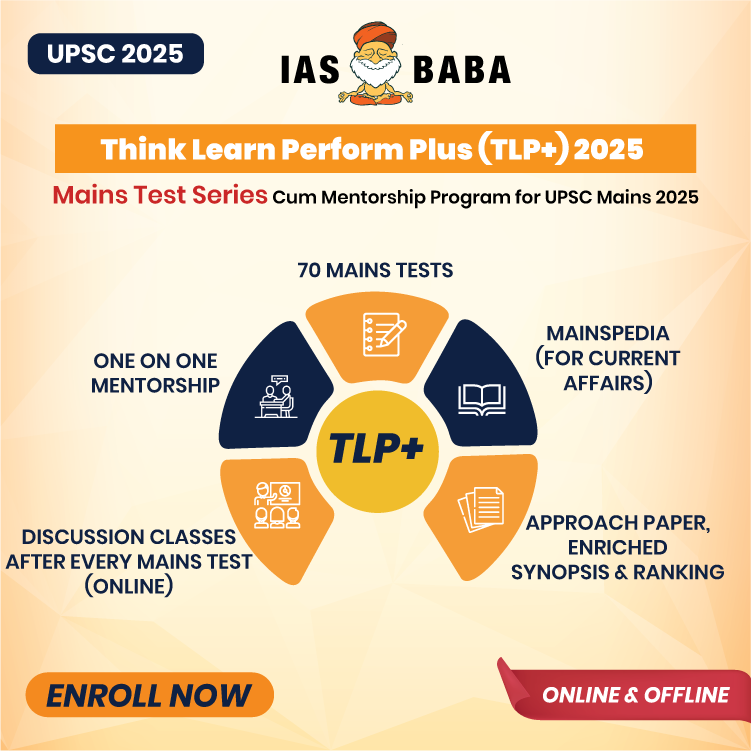Environment & Ecology
In News: Ministry of Environment, Forest and Climate Change, Government of India published the Battery Waste Management Rules, 2022 to ensure environmentally sound management of waste batteries. These rules will replace Batteries (Management and Handling) Rules, 2001.
- The rules cover all types of batteries, viz. Electric Vehicle batteries, portable batteries, automotive batteries and industrial batterie.
- The rules’ function based on the concept of Extended Producer Responsibility (EPR) where the producers (including importers) of batteries are responsible for collection and recycling/refurbishment of waste batteries and use of recovered materials from wastes into new batteries.
- The rules will enable setting up a mechanism and centralized online portal for exchange of EPR certificates between producers and recyclers/refurbishers to fulfil the obligations of producers.
- Mandating the minimum percentage of recovery of materials from waste batteries under the rules will bring new technologies and investment in recycling and refurbishment industry and create new business opportunities.
- Prescribing the use of certain number of recycled materials in making of new batteries will reduce the dependency on new raw materials and save natural resources.
- Online registration & reporting, auditing, and committee for monitoring the implementation of rules and to take measures required for removal of difficulties are salient features of rules for ensuring effective implementation and compliance
- On the principle of Polluter Pays Principle, environmental compensation will be imposed for non-fulfilment of EPR targets, responsibilities and obligations set out in the rules. The funds collected under environmental compensation shall be utilised in collection and refurbishing or recycling of uncollected and non-recycled waste batteries.
Notification of these rules is a transformative step towards promotion of Circular Economy in full earnest.
Source: Pib.Gov
Previous Year Question
Q.1) In India, ‘extended producer responsibility’ was introduced as an important feature in which of the following? (2019)
- The Bio-medical Waste (Management and Handling) Rules, 1998
- The Recycled Plastic (Manufacturing and Usage) Rules, 1999
- The E-Waste (Management and Handling) Rules, 2011
- The Food Safety and Standard Regulations, 2011
















